John Sutherland’s top 10 books about books
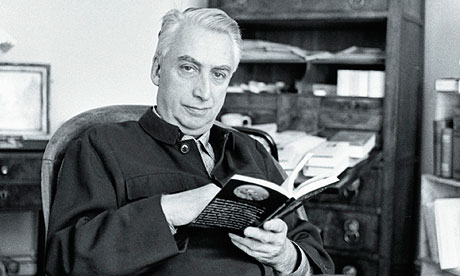
Anita Mathias: Dreaming Beneath the Spires
Anita Mathias's Blog on Faith and Art
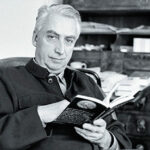

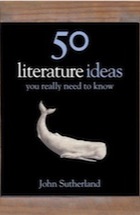
This reminds me of when Zoe was 3, and we too only gave her books. She opened them, and said sadly, “Why Santa only brought me book presents?”
Roy dashed out on Christmas Day to the first store he found open, and bought a Barbie doll, and bubble bath with a Micky Mouse Lid, which pleased her more than ALL her books!

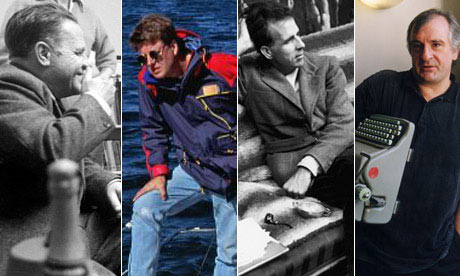

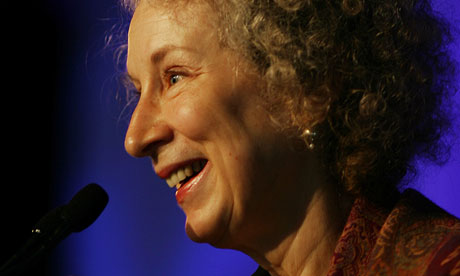
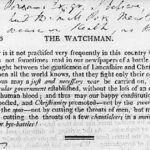
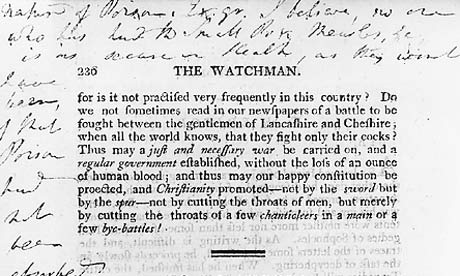
The Mentoring of Elie Wiesel by Francois Mauriac
Our small group is going through Philip Yancey’s DVD series What is so Amazing about Grace? He recounted a lovely story about a meeting between Mauriac and Elie Wiesel. Mauriac was at that time France’s most famous writer, and was and is the greatest Roman Catholic writer of his century.
Wiesel is networking. Using the old man for his connection, to inveigle an interview with the French Prime Minister. But Mauriac wants to talk about Jesus. A little secret, inward smile plays about his face as he talks about Jesus.
I love that, that 20 centuries later, people can be so in love with Jesus, that a secret, inward smile lights their faces when they talk about him.
Read more about the interview here. Mauriac challenged Weisel to write about his experiences, which eventually became the tight Holocaust memoir, Night.
http://books.google.com/books?id=Ym8KcrzUZKYC&pg=PR9&lpg=PR9&dq=meeting+of+Mauriac+and+Wiesel&source=bl&ots=nagKfDmiHy&sig=VVjhZuMNTtQve4ZHTwTPsl4DR4w&hl=en&ei=B6zWS9qDI4
I also LOVE this quote from Dorothy Day, about to write her autobiography. She writes, My Life, opens her book on a new page, “But then I found I could not do it. I just sat thinking of our Lord, and of his visit to us all those centuries ago, and I thought it was my great good fortune to have had him on my mind for so long a time in my life.”